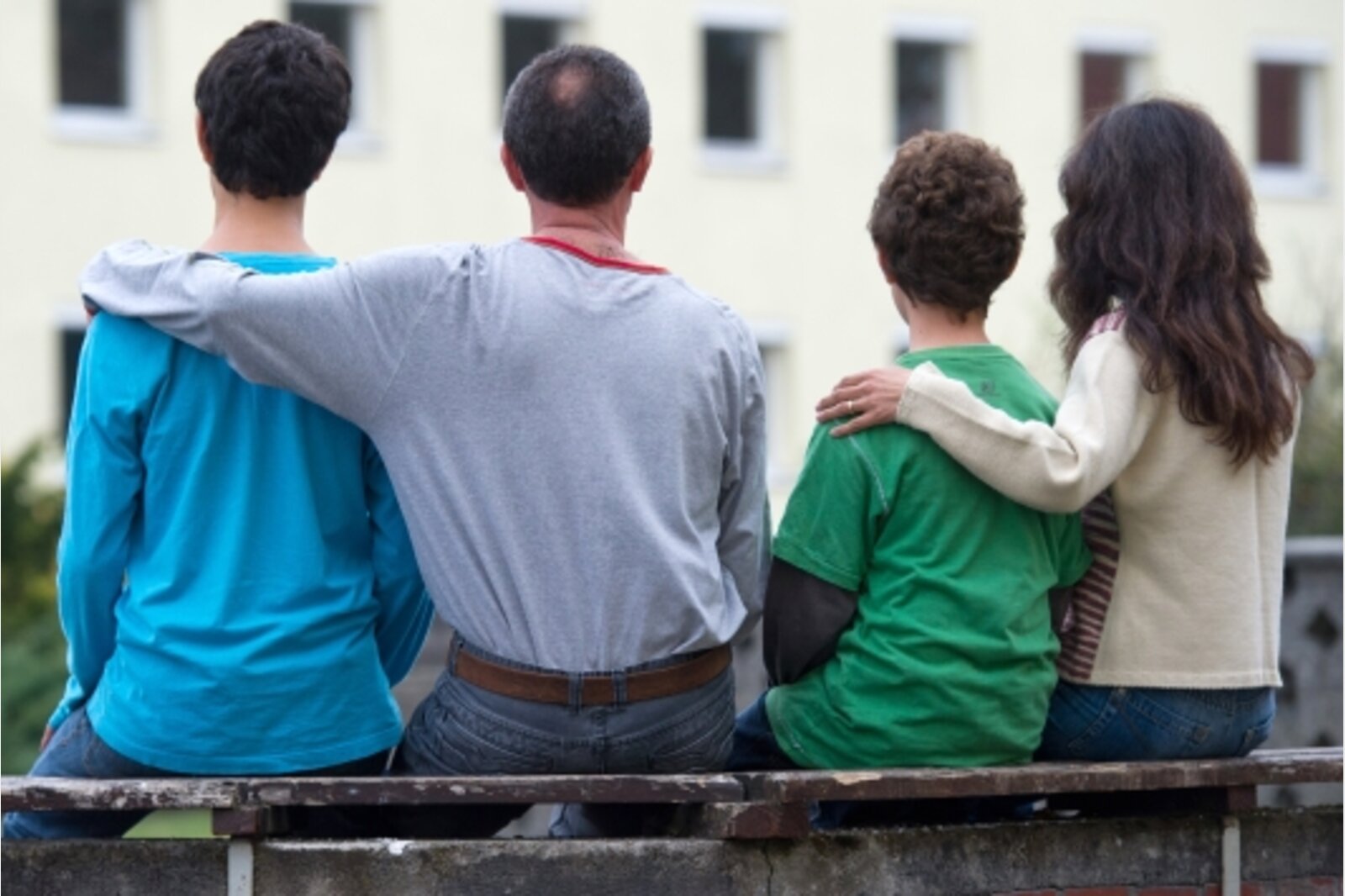Change of practice regarding family reunion
The right to family reunion derived from the European Convention on Human Rights (ECHR) does not expire when the child who could benefit from it reaches the age of majority during the procedure. This easing of the case law, which takes into account recent judgments of the European Court of Human Rights, also has procedural implications.

A Cameroonian national, aged 16, asked the responsible department in Valais if she could join her mother in Switzerland; the latter was herself a holder of a residence permit (B). The cantonal authority rejected this request for family reunion. The mother therefore brought the case before the Cantonal Court of the canton of Valais, which ruled in her favour. The department in Valais applied to the State Secretariat for Migration (SEM) for approval of a residence permit for the daughter, who had come of age in the course of the cantonal procedure, but the federal authority refused. An appeal was lodged against this refusal, and the Federal Administrative Court (FAC) accepted it in favour of the young woman.
From the forfeit of a right …
Until now the FAC case law – in accordance with that of the Federal Supreme Court – had held that the age attained at the time of the appeal authority review was decisive with respect to the applicability of the ECHR from a protection of family life perspective. In other words, the child who reached the age of majority during the procedure cannot, in principle, invoke a right based directly on Article 8 ECHR anymore.
…. to its maintenance beyond the age of majority
In its judgment, the FAC concluded that the right to family reunion may continue to be inferred from Article 8 ECHR even if the child reaches the age of majority during the procedure.
In support of this line of reasoning, the FAC analysed the case law of the European Court of Human Rights concerning the issue of reaching the age of majority; in several of its recent judgments, the Court continued to examine the arguments of the claimants from the perspective of protection of family life despite their having reached the age of majority during the procedure. The FAC also took into consideration the Swiss constitutional principles such as security and the predictability of the law, the prohibition of arbitrariness, the equality of treatment and timeliness.
This change in case law results in the reinforced legal protection of children nearing the age of majority in family reunion procedures.
Procedural implications
In terms of procedure, the recognition of the right to family reunion leads the FAC to accept the appeal. The SEM had in fact refused to approve the granting of a residence permit to the claimant, even though a cantonal court had admitted that the conditions for such issuance had been fulfilled. If it disapproved of the solution chosen by the cantonal court, the SEM should have applied directly to the Federal Supreme Court by way of the “authorities' appeal”.
This judgment may be challenged before the Federal Supreme Court.
Contact

Rocco Maglio
Press secretary
